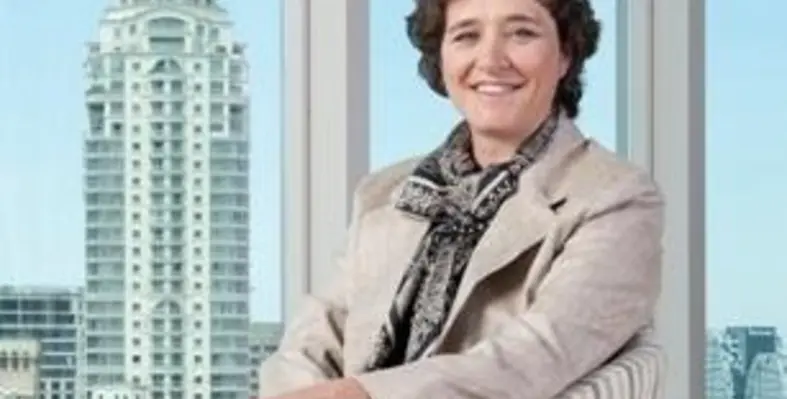Page 1 of 2Nicky Newton-King, chief executive of the Johannesburg Stock Exchange, speaks to Stephen Williams about running the biggest capital market in Africa
SW: What are the major challenges facing South Africa’s capital markets?
NN-K: The first thing to note about our capital markets is they’re relatively sophisticated. We have quite a deep ecosystem system in this country, whether that’s of the exchanges, of banks, or of intermediaries.
We have a long history of sophisticated financial services and the Johannesburg Stock Exchange (JSE) is easily the largest exchange on the continent. While these are all good things, they do create their own challenges.
One of the things you have to do as an exchange is to make sure that you steer forward and attract big capital flows and big global investments, while also finding ways to stay relevant to the local economy. That means also retaining a focus on retail investment, and demystifying savings and investments.
SW: What is your strategy to meet these challenges?
NN-K: I think from a retail perspective there is much more for us to do and much more for the ecosystem to do.
There are close to 50 million people in South Africa and there just a few, relatively speaking, that are economically active and even fewer that are involved in the financial markets.
All the players in this ecosystem, however, are trying to demystify finance, to educate, and perhaps this is something we can do this together. This is a non-competitive space and we should be able to think much more creatively, in a much more intellectual manner, as to how we can tackle this.
Encouraging retail brokering, looking at pricing to get people to be able to use this – all of these things are part and parcel of the strategy.
I also think disclosure is a very important part of what we do that will make investors comfortable; but whether you’re a wholesaler or retailer, the needs can be very different.
I think there is a lot that we need to be doing in that space and also a lot we’ve done historically, which is why we are rated as the world’s best regulated market, but I still think there is more to do.
SW: Do you see Africa’s investment growth as a default phenomenon in the sense that international investors find it difficult to get growth in the developed markets and switch to emerging markets?
NN-K: No, the reality is that the world is becoming much more global. I studied in America for a while and I have spoken to some of the really big endowment fund people about the way they were looking at Africa.
While they might understand the local market, if they want to be truly competitive, they need to find new investment opportunities.
While emerging markets have traditionally been quite scary for many Western investors, the stark reality is the BRICS (Brazil, Russia, India, China and South Africa) are going to become a more meaningful part of the global savings landscape, let alone economic landscape, and you need to be there.
We happen to be uniquely positioned in Africa and we need to make the most of it.
SW: Is there any difference to the approach you are taking to your job to that of your predecessor Russell Loubser who you worked very closely with before he stepped down?
NN-K: He was on our board of executive for 15 years, during which time the market – our industry – changed so quickly. But frankly, if in a year’s time we are in the same place then as we are now, I think we would be significantly disappointed.
Russell was a very brave leader and liked to call a spade exactly that. I am a much more of a cajoler type.
He had a very high tolerance for dissonance and he was prepared to have a lot of vigorous people talk in many different ways for a long time. I like to have lots of different views, but I like to make a make a decision in a fairly short time.
We’ll get to the same place, but it’s just a different style.












